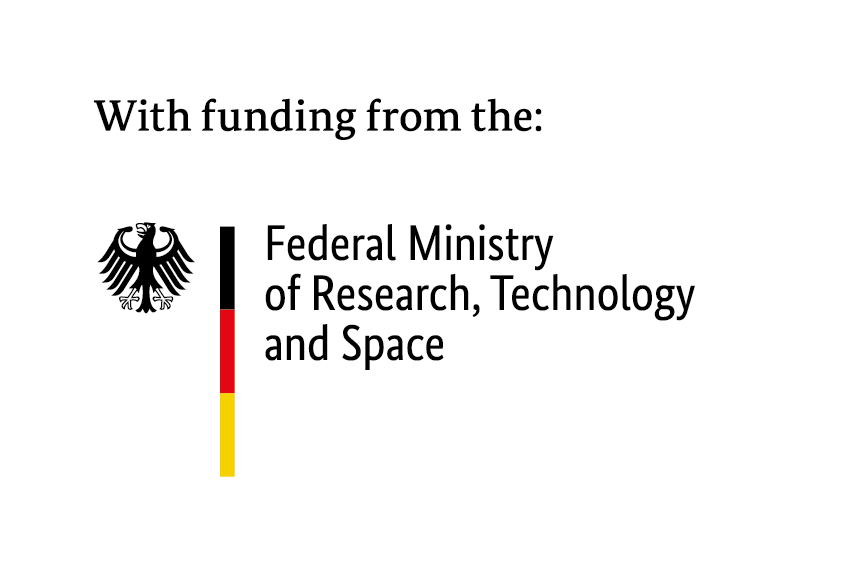
Research Project FlexLearn

Generalised forecast of loads and flexibility potentials for the operation of heat pumps through transfer and multitasking learning
For a successful transformation of the energy system, extensive decarbonisation of the heating sector and a flexibilisation of electricity consumption is essential due to the predominantly weather-dependent generation. Heat pumps are an indispensable key technology for overcoming both challenges. The main aim of the project is to use fundamental models and transfer learning approaches to develop methods for a generalised forecasting and flexibility potentials estimations for heat pumps. These are to be transferred to heat pumps with an insufficient database and, in a second step, to be able to derive general models for heat pumps.
In addition, the aim is to work out the extent to which the developed methodology can also be transferred to other flexibility potentials such as PV storage systems or charging infrastructures for electric vehicles.
The generated heat pump forecasts will be used to analyse whether the accuracy of the forecasts is sufficient to reliably identify flexibility potentials. In the subsequent analysis step, the extent to which a spatial portfolio formation or aggregation of heat pump forecasts can make useful contributions to the operational management of the electricity grids, taking into account possible electricity grid structures, will be evaluated.
Several research questions arise
- To what extent can the operating behavior and flexibility potential of individual heat pumps be predicted?
- How effectively can be forecasting models applied to heat pumps for which little or no historical operating data is available?
- How can general models be derived?
- To what extent can flexibility potentials be extracted from existing data, and what information is required for this?
- How can simultaneity and aggregation effects be assessed by linking regionally distributed heat pumps?
Within the project, forecasting methods will be developed and tested on a large data set of real heat pump measurements with regard to the questions posed.
Funding: Federal Ministry of Research, Technology and Space

Publications
- Girón Cruz, P. J., Rodriguez Santiago, J., Härtel, P., & Dobschinski, J. (2025, May). Combining Learning-Based Cop Proxies and Formal Optimization for Residential Heat Pump System Operation. In International Conference on the European Energy Market 2025.